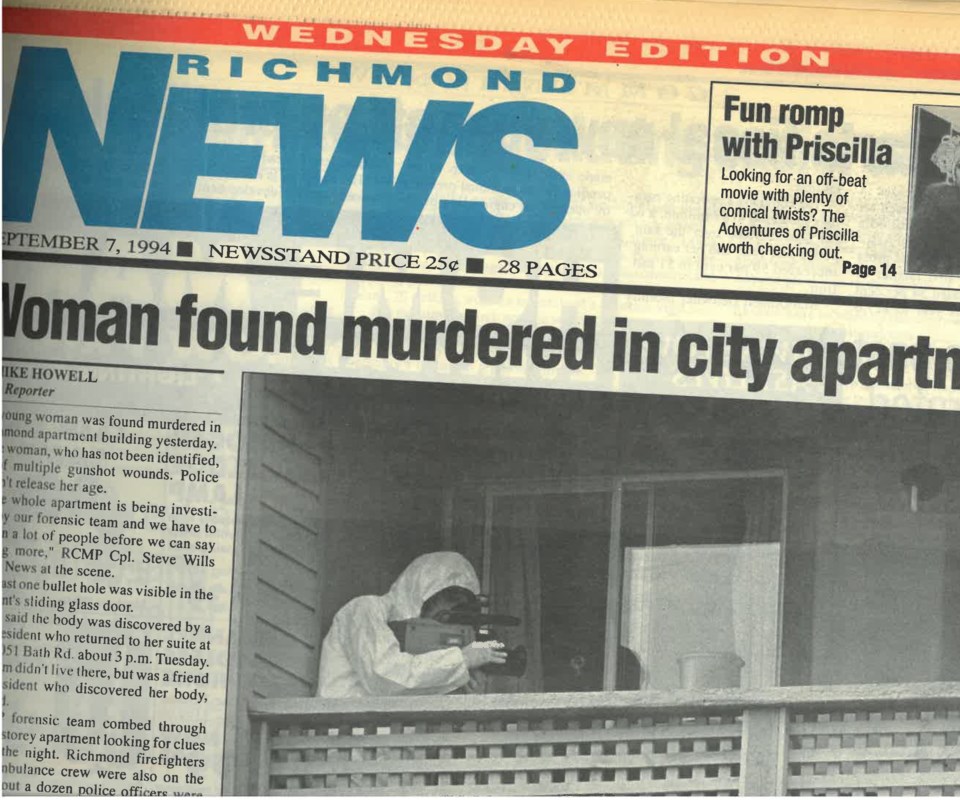Several weeks after moving from Newfoundland to B.C., Wade Skiffington dropped off his girlfriend Wanda Martin and their infant son Ian at a friend’s apartment in Richmond before going to work on Sept. 6, 1994.
As noted in his 2004 murder conviction appeal, Skiffington worked as a carpet cleaner driving a van from customer to customer.
That afternoon, the friend left the apartment for about 45 minutes. When she returned, Martin had been shot dead and the 18-month-old was alone in the home.
There was no forensic evidence linking Skiffington to the crime, and the gun was never found. Based on Skiffington’s customer list that day, he could have had an open window of time between clients to shoot Wanda and return to work. But that wasn’t enough to press charges.
Thus began an elaborate “Mr. Big” police operation that eventually elicited a confession from Skiffington in a $1,000-a-night Halifax hotel room in 2000.
The controversial tactic used by RCMP sees undercover officers pose as gang members to befriend a suspect and gain their trust by offering them relatively easy jobs for large sums of cash. Then officers further welcome the suspect into the gang by offering to arrange a meeting with the gang’s boss, Mr. Big.
Suspects are told to come clean about a past crime so that the gang can destroy any incriminating evidence.
It’s the same tactic that’s come under fire in the Netflix docu-series The Confession Tapes over the conviction of North Shore men Atif Rafay and Sebastian Burns.
During his confession, Skiffington detailed to RCMP officers where he bought the gun and how he got rid of the blood-soaked evidence. The whole thing was secretly recorded, although Skiffington now maintains it was a false confession.
He was convicted of second-degree murder in 2001 and appealed it in 2004 but failed.
Now, his case has been granted a special review by the federal justice minister, the first such review in B.C. Skiffington and his lawyers are back in court this week arguing that he should be released on bail while the review takes place.
The Crown, on the other hand, is arguing there’s no reason to believe Skiffington was wrongly convicted.
Skiffington’s lawyer declined an interview while the hearings are ongoing.



